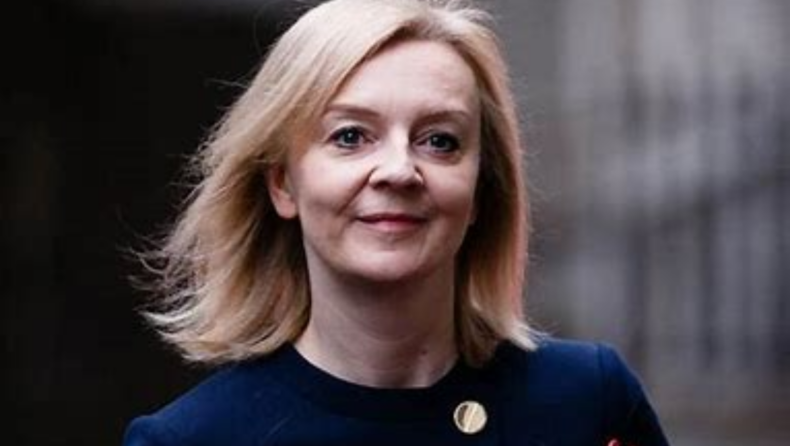Liz Truss has scrapped a plan to link public sector pay to original living costs following a counter reaction from Tory MPs and opposition parties.
The Tory leadership seeker had proposed indigenous pay boards, in a shot to save taxpayers an implicit£8.8 bn.
But the policy was criticised by several elderly conservatives, who argued it would mean lower pay for millions of workers outside London.
Ms Truss has now said the offer would not be taken forward.
The foreign clerk told the BBC the plan had been” misrepresented” and people had been” unnecessarily upset about my programs”.
” Norway had any intention of changing the terms and conditions of preceptors and nurses,” Ms Truss said.” But what I want to be clear about it that I’ll not be going ahead with the indigenous pay boards.“
before a prophet for Ms Truss’s crusade said current situations of public sector pay would be maintained if she became high minister.
Former Chancellor Rishi Sunak and Foreign Secretary Ms Truss are fighting for support from Conservative members to replace Boris Johnson as Tory leader and high minister.

A prophet from Mr Sunak’s crusade described the volte-face as dramatic.
” It demonstrates a lack of serious judgement by setting out plans that would see pay dramatically cut for police, nurses and our fortified forces in Cardiff and Canterbury, Teesside and Taunton during a cost of living extremity,” they said.
” It also shows a worrying lack of grip of detail in what’s formerly a woolly profitable plan.
Still, it would have been a potentially fatal thing for the rightists,” If this was in a general election.”
Publicising the policy on Monday night, Ms Truss had said she wanted” a slender, more effective, more focused Whitehall” and set out plans which suggested savings of£ 11bn a time.
This included£8.8 bn which would come from introducing indigenous pay boards, meaning that civil menial pay- and potentially latterly other public sector workers’ hires could be acclimated to reflect the area where civil retainers work.
It could have seen workers in, for illustration, the south- west or north of England paid lower than those in the south- east.
In addition to saving plutocrats, the Truss camp also argued it would help boost growth in areas, where the private sector had been crowded out by public sector hires.
Still, the offer was dropped after just over 12 hours when it was met with strong resistance from conservatives.
Tees Valley mayor Ben Houchen- who’s supporting Mr Sunak- described the policy as” horrifically bad”, telling the BBC’s World at One it could lead to further scrutiny of policy from the foreign clerk.
” There are lots of delicious soundbites from Liz- what we are now seeing is that as people start to scrutinise that detail it can unravel relatively snappily,” he said.
Liz Truss is extensively allowed to have been ahead in the Tory leadership race.
She had instigated the crusade- and had avoided any significant crimes.
Until now.
This policy has attracted huge criticism from opposition parties and numerous Conservative politicians supporting Rishi Sunak.
They argued indigenous pay boards would have been” levelling down”.
Speaking to Mr Sunak’s abettors this autumn, they argue Ms Truss’s plans are unravelling and that it was a” disastrous error of judgement”.
Team Sunak will hope this starts to change the dynamic of the crusade- and potentially put him back on the frontal bottom just as Tory members start advancing.
Team Truss will hope that junking the policy snappily will limit the damage.
A number of Conservative MPs in the south- west of England also attacked the policy, including Sunak supporter Steve Double who said it would be” monstrously damaging to public services in Cornwall, where we formerly struggle to retain NHS staff”.
Labour’s shadow chancellor Rachel Reeves said the offer” reveals her( Liz Truss’s) precedence would be to slash the pay packets of working people”.
Liberal Democrat leader Sir Ed Davey said”U-turning on a multi-billion-pound policy five weeks before indeed taking office must be a new record.”
Ms Truss has been seen as the frontrunner in the race for No 10, with several polls showing her to be more popular among the Conservative party class.








 metro.co.uk
metro.co.uk




